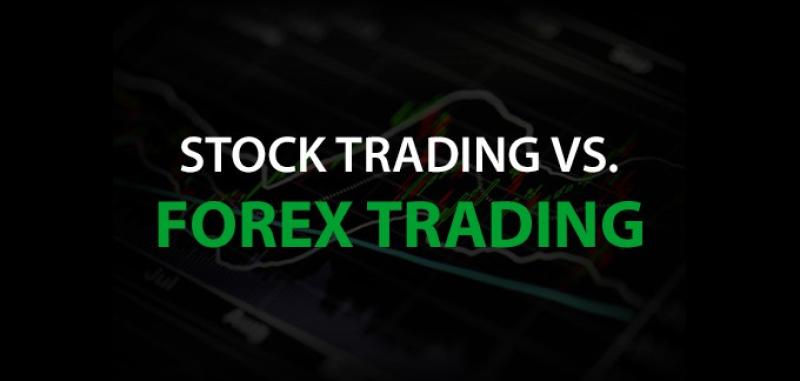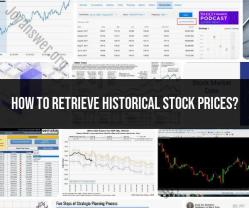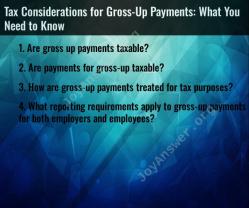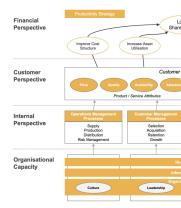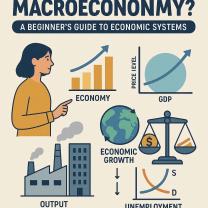Which is better Forex or stock?
The choice between Forex (foreign exchange) and stock trading depends on various factors, including your financial goals, risk tolerance, trading preferences, and market knowledge. Both Forex and stock trading have distinct characteristics, advantages, and risks. Here are some key points to consider when deciding between Forex and stock trading:
Forex Trading:
Pros:
- 24-Hour Market: The Forex market operates 24 hours a day, five days a week, allowing for flexibility in trading times.
- Liquidity: The Forex market is one of the most liquid markets globally, providing ample trading opportunities.
- Leverage: Forex trading often involves higher leverage, allowing traders to control larger positions with a relatively small amount of capital.
- Low Transaction Costs: Forex transactions typically have lower transaction costs compared to stock trading.
Cons:
- High Risk and Volatility: The Forex market can be highly volatile, leading to rapid price movements and increased risk.
- Limited Product Offering: Forex trading primarily involves currency pairs, limiting the range of available assets compared to the stock market.
- Complexity: Forex trading may require a deep understanding of macroeconomic factors and geopolitical events that influence currency values.
Stock Trading:
Pros:
- Diverse Asset Classes: Stocks provide access to a wide range of industries and sectors, allowing for diversified investment portfolios.
- Ownership and Dividends: Stock investors can become partial owners of companies, and some stocks pay dividends, providing additional income.
- Historical Performance: Historically, long-term stock investments have shown the potential for growth and wealth accumulation.
- Investor Protections: Stock markets are often subject to regulations that provide investor protections.
Cons:
- Limited Trading Hours: Stock markets have specific trading hours, limiting the flexibility of when you can execute trades.
- Market Closures: Stock markets close during holidays and weekends, potentially causing gaps in trading prices.
- Higher Capital Requirements: Stocks may require larger capital investments compared to Forex due to the pricing of individual shares.
Considerations for Your Decision:
Risk Tolerance: Forex trading, with its higher leverage and volatility, may be riskier than stock trading. Assess your risk tolerance and comfort with market fluctuations.
Trading Style: Consider your preferred trading style. Forex is often associated with shorter-term trading, while stocks may be suitable for both short-term and long-term investors.
Market Knowledge: Both markets require a good understanding of market dynamics, but the specific factors influencing currency values differ from those affecting stock prices.
Diversification: If diversification is a priority, stocks offer access to a broader array of assets, while Forex trading is more focused on currency pairs.
Regulatory Environment: Be aware of the regulatory environment in both markets. Forex trading may be subject to less regulatory oversight than stock trading.
Liquidity Needs: Consider your need for liquidity. Forex markets offer high liquidity, while selling certain stocks may be subject to market conditions.
Ultimately, the choice between Forex and stock trading depends on your individual preferences and goals. Some traders choose to engage in both markets to diversify their portfolios and take advantage of different opportunities. It's crucial to conduct thorough research, practice with demo accounts, and, if needed, seek advice from financial professionals before making investment decisions.
Weighing investment options: Which is better, Forex, or stock?
Whether Forex trading or stock investing is better for you depends on your individual investment goals, risk tolerance, and time horizon. Both Forex trading and stock investing offer the potential for high returns, but they also come with significant risks.
Comparing the features, risks, and potential returns of forex trading and stock investing
Here is a brief comparison of the features, risks, and potential returns of forex trading and stock investing:
| Feature | Forex trading | Stock investing |
|---|---|---|
| Market size | Global | Local or regional |
| Liquidity | Very high | High |
| Volatility | High | High |
| Leverage | Yes | No |
| Investment horizon | Short-term (day trading) to long-term (position trading) | Short-term (swing trading) to long-term (investing) |
| Potential returns | High | High |
| Risks | High | High |
Forex trading
Forex trading is the buying and selling of currencies. It is the largest financial market in the world, with a daily trading volume of over $5 trillion. Forex trading is a leveraged product, which means that traders can control large positions with a relatively small investment. However, leverage also increases the risk of loss.
Stock investing
Stock investing is the buying and selling of shares in companies. Stocks represent ownership in a company, and shareholders are entitled to a share of the company's profits. Stock investing is a long-term investment strategy, and investors should be prepared to hold their investments for at least five years.
Tips for investors in deciding between forex and stock market participation
Here are some tips for investors in deciding between forex and stock market participation:
- Consider your investment goals. What do you hope to achieve by investing? Are you looking for short-term gains or long-term growth?
- Assess your risk tolerance. How much risk are you comfortable with? Forex trading is a riskier investment than stock investing.
- Do your research. Learn about the different types of investments available and the risks and rewards associated with each.
- Seek professional advice. If you are unsure which type of investment is right for you, consider seeking professional advice from a financial advisor.
Conclusion
Both Forex trading and stock investing offer the potential for high returns, but they also come with significant risks. The best type of investment for you will depend on your individual investment goals, risk tolerance, and time horizon.
